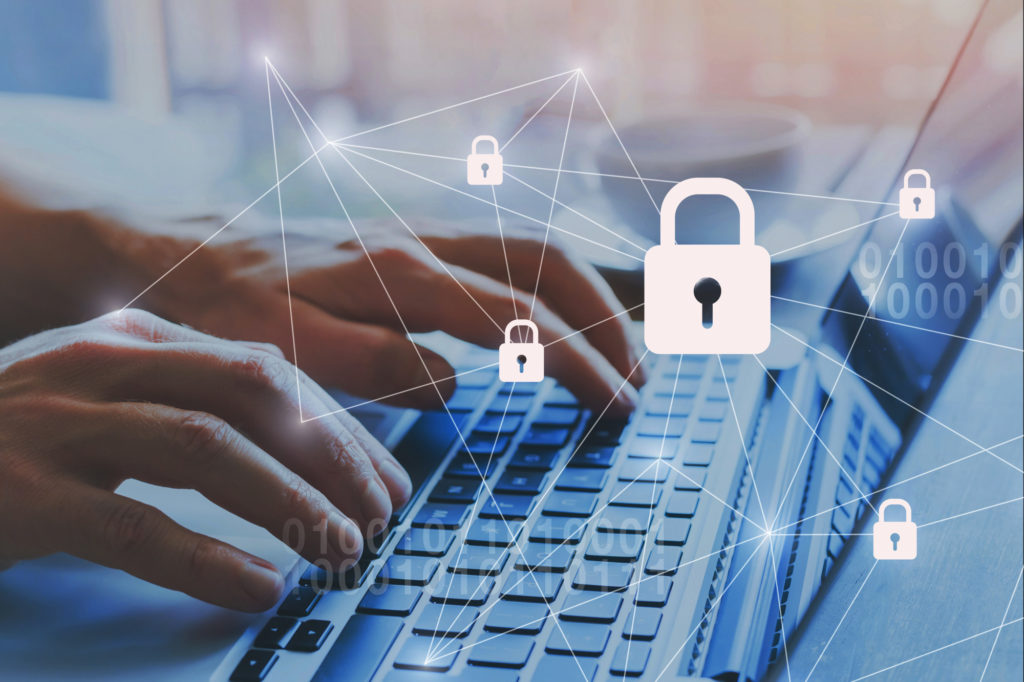
Are you worried about having your information leaked online?
You can’t get anything done without being online nowadays. The Internet is too important of a tool to not use it in anything. It can help you get your tasks done faster and it also provides convenience that you can’t get when you’re offline.
The only problem is that a good internet connection means other people can connect themselves to your device. Without good internet privacy, you risk leaking sensitive information to the Internet.
What is internet privacy, though? It’s something that can protect individuals and even companies from the most dangerous security risks on the Internet. Read on to learn how about the 9 solid ways you can keep your online privacy while browsing the Internet.
1. Optimize the Website’s Privacy Settings
On different websites, especially on social media platforms, your information is visible for everyone who views your profile. They will see the information you set on the platform with no resistance or restriction. This means they will know where you live, the names of your family members, or even your phone number.
Stalkers have an easy time following you around online and in-person if you’re not careful. You can correct this by optimizing the privacy settings on your profile. These websites have specific settings that allow only your friends to view your information.
You can also set your information to be visible to the friends of your friends. This way, you can find more of your friends online if you’re new to social media. You must also be careful of who you add as your friend on these platforms.
2. Opt-Out of Data Tracking
Another common feature of social media platforms is data tracking. This allows these websites to personalize your browsing experience. Business websites also use this feature to know what ads they will target you with.
They do this by tracking the activity you do on these websites. This also involves checking your browsing history to know what interests you. Some web browsers claim that their incognito browsing mode can disable data tracking, but it only prevents the browser from keeping a record of your browsing history.
Using online tools like Kaspersky and other privacy software can ensure that your data is safe. You can also check your browser history and delete searches that websites can use on you.
3. Enable Encrypting on Your Devices
You often place sensitive information on a device you trust. This means you always use your laptop or phone to store them. Only you have access to them and you always have it on your person.
If you lose your device, though, people who find it can access the information you stored with ease. Hackers can even bypass your password to replicate the information stored on the device. You can prevent this by encrypting your devices.
This makes it so that anyone who accesses your device with no password in hand won’t make sense of your data. It will become jumbled and unreadable to whoever gets it without your permission.
4. Upgrade Your Passwords
If you’re not worried about any hackers in your area, then upgrading your password is enough to protect your device. Smartphones allow you to choose from patterns, passwords, or pin codes to use in locking it.
Using passwords is ideal because they use the most characters among the 3 options. Pin codes only use the 10 basic numbers on the keypad. This makes it easier for someone to guess your password through trial and error.
Patterns are also easy to figure out. Anyone can replicate them even by seeing you do a pattern only once. Passwords offer more security for your phone and other devices.
Random strings of letters are harder to figure out than any word. Capitalizations also make it near-impossible to guess your password.
5. Avoid Using Public or Portable Storage Devices for Sensitive Information
This is a common mistake made by people using a public computer in the local library. They forget to ensure to delete whatever information they transferred through the device. This means other people can view it when they use the same device.
Imagine if that were sensitive information like your bank numbers and passwords. Others can commit fraud under your name if that were the case.
You must also avoid using online tools that the public can access. Websites like Dropbox and Google Drive allow people with a link to view your files. Any sensitive data stored on the websites will become exposed to them.
6. Disable Permissions on Certain Apps
Apps always ask for your permission before accessing certain areas of your device. The locations they want to access will make sense if they have no bad intentions. If something makes little sense, though, it’s worth your while to second guess your app.
There’s no reason for a camera filter you downloaded off the store to access your location. Don’t allow any access for these apps if you’re uncomfortable with it. If the app doesn’t work without that permission, find a better and safer alternative instead.
7. Keep Your Email Address Private
Your email address is as important as your physical address. Keeping this information to yourself ensures that no one follows you around online. Anyone who gets a hold of your email address can bombard you with spam mail and sketchy requests.
Some people can also get a lot of information from your email address. Leaking this may pose a danger to your safety.
Keep a spare email address to use if a website requests you to create an account. They will always ask for an email address to verify your identity. The spare email address helps you keep junk mail and online stalkers at bay.
8. Only Install Legitimate Software from Trusted Developers
Some programs are essential for certain online professions. Photoshop and the different programs in Microsoft Office are good examples. Getting these often means you must pay for them on the main website.
It can cost you a pretty penny, but it’s better than installing a free one from the Internet. These free versions may contain software that can track your data and send it to their source. A legitimate copy never has these hidden programs and will only be useful for your purposes.
9. Use Encrypted Messaging on Messaging Apps
What is internet privacy if you can’t even keep your messages private? Communicating with your peers and clients online is the norm nowadays. It’s free, fast, and there’s no issue in contacting your friends this way.
If someone gets ahold of your account, though, they will view your messages on the app or platform. To prevent this, you can chat with your friends on an encrypted line. These messages won’t appear on any other device besides the ones you used to chat on the encrypted line.
This means even if someone gets ahold of your account information, they won’t see the messages you sent through an encrypted line. The Messenger app has a secret conversation feature that works like this.
Learn What Is Internet Privacy and How to Protect It Today
What is internet privacy? Learn what it is and how to protect it today! With the tips above, you won’t risk sensitive information getting leaked online!
Want to learn more about data protection? Continue reading our guides, lists, and articles to discover all the tips and tricks you need!







Speak Your Mind